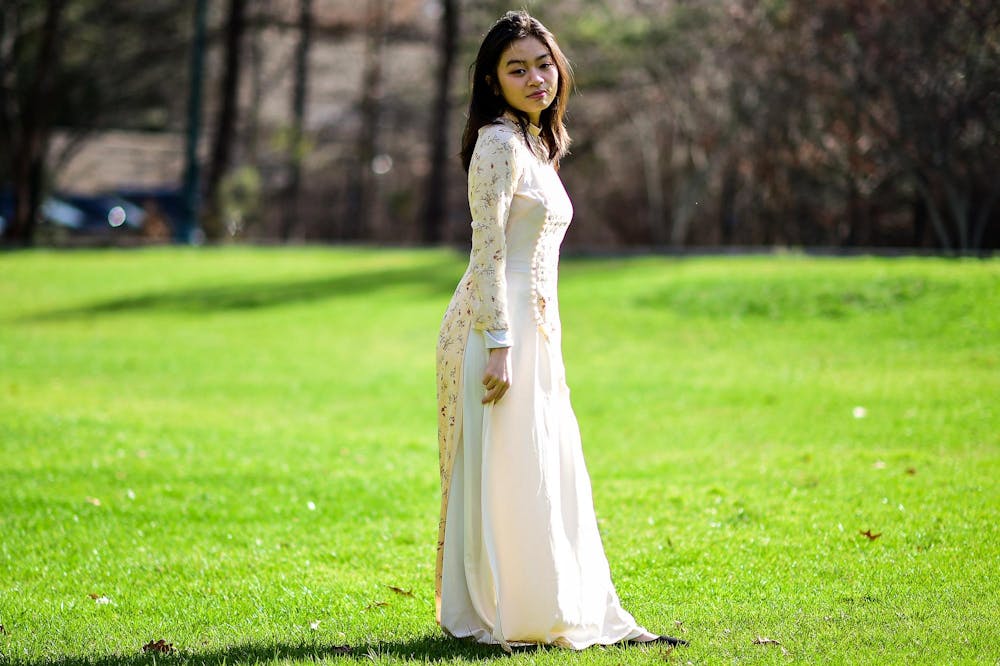On Feb. 10, students at UNC will ring in the Lunar New Year — a holiday that predates the Jan. 1 New Year's celebration by more than 1,000 years.
The Lunar New Year is known by many names around the globe: Chinese New Year, the Spring Festival, Tết or Seollal. The international holiday is based off of the lunisolar calendar rather than the Gregorian calendar, and is celebrated in China, Vietnam, Korea and elsewhere. Lasting up to 15 days, the associated festivities include cooking, watching traditional dances and setting off fireworks to drive evil spirits away.
Yuxuan Li, an exchange student from China, saidshe associates the holiday with a full day of cooking alongside her family, as well as the televised Chunwan variety show. She’ll celebrate her first Lunar New Year in the United States this year, though it isn’t her first time celebrating the holiday outside of China.
“My dad got appointed to work in France, and that was my first time celebrating Chinese New Year with my family in a foreign country,” she said. “It was awesome. We had to go to the market to practice our awful French so the people could sell us the products we needed — it was a really bonding family outing.”
Li plans to celebrate this year’s Spring Festival with the Chinese Undergraduate Student Association, which hosts an annual Lunar New Year banquet for the student body.
Junior Reed Fu said he can’t fully celebrate the Lunar New Year while studying abroad in the United States. For him, the holiday is tied to spending time with his family rather than traditions or festivities. He said the Chinese New Year is an almost month-long event for him, which can be both exhausting and fun.
His favorite memory of a past Lunar New Year occurred in 2020 — COVID-19 lockdowns came into effect early in China, and Fu weathered the first days of the pandemic at his grandmother’s retirement home on the beach with 11 of his relatives.
“I never spend that much time with any of my family, so it was kind of wild,” he said. “We were stuck with each other for a month and a half. Growing up, I never really talked to my family members, and it was special to be in a fun place with them.”
Firework shows are a major part of the Lunar New Year, though many cities in China banned this tradition starting in 2017 to reduce air pollution. Li said her family bought rockets in the years before the bans, as well as firecrackers that made loud sounds to scare away the "New Year's monster.”



